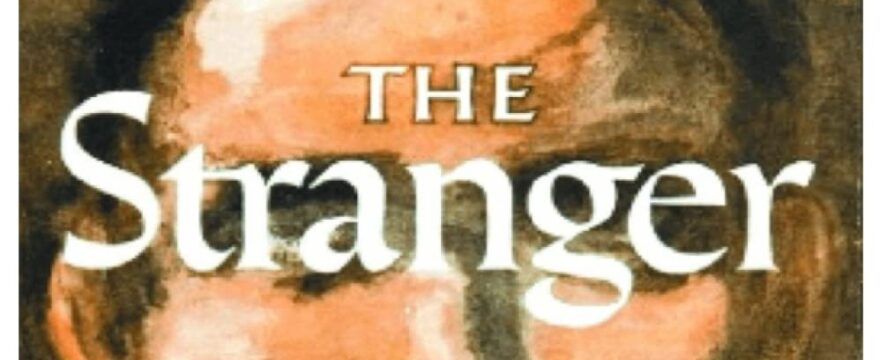Our men’s group is reading Albert Camus’s The Stranger. In it, Meursault is condemned to die for murder. He receives the death penalty, but in truth, so have we all. He cannot appeal it. Neither can we. He didn’t ask to exist. Neither did we. He is thrown into existence, condemned to die, and has no one to whom he can appeal. He has no advocate.
Meursault doesn’t want an advocate because he has concluded there is none. Life is meaningless. “Whatever I do it amounts to the same, absolutely nothing.” The sun plays a pivotal role in his fate. It blinds him as he makes the decision to shoot, and it follows him to the end—a witness to his life of vanity under the sun.
When the priest tells him to repent and turn to God, Meursault refuses. The priest assures him that all men in his situation do it, so he should too. But Meursault has more integrity than most—he won’t turn to God on Pascal’s Wager, knowing that this wager is still a selfish act of desperation and no real faith. And if God existed, Meursault reasons, He would not accept such a wager.
The inspector yells, “everyone believes in God even when they say they don’t.” But he offers no proof of this besides shoving a crucifix at Meursault. The priest offers no proof, only assertions. He inserts himself between Meursault and God but never gives him the Word of God or the true High Priest. The inspector and priest represent man-made religion. But there is always the sun.
Those who sing the Psalms know that Psalm 19:4-6 tells us that the sun itself speaks of God the Creator who rules over all things and even calls us to stop and think. Meursault never did. His condemnation mirrors our own: “The wages of sin is death.” Corrupt religion doesn’t help him. His peers and society don’t help him. But the sun was always there, beating down, declaring its witness.
In our day, the secular professors attempt to find meaning in unconscious matter and desire. They acknowledge all meaning is a social construct and yet fervently seek their hopes in illusory identities and sexual fetishes. They console themselves at night saying, “At least I’m making the world a better place.” Meursault had more integrity than all of them combined. He knew such lives are meaningless, vanitas vanitatum. All their struggles are absurd.
Learn the lesson from Meursault. Have enough integrity to reject man-made religion. Have enough integrity to reject man-made social meaning. But go further—learn to give a sound argument based on the witness of the sun. It tells you about your Creator, and your death sentence tells you about your sin. Meursault never connected those dots. Will you?

Leave a Reply